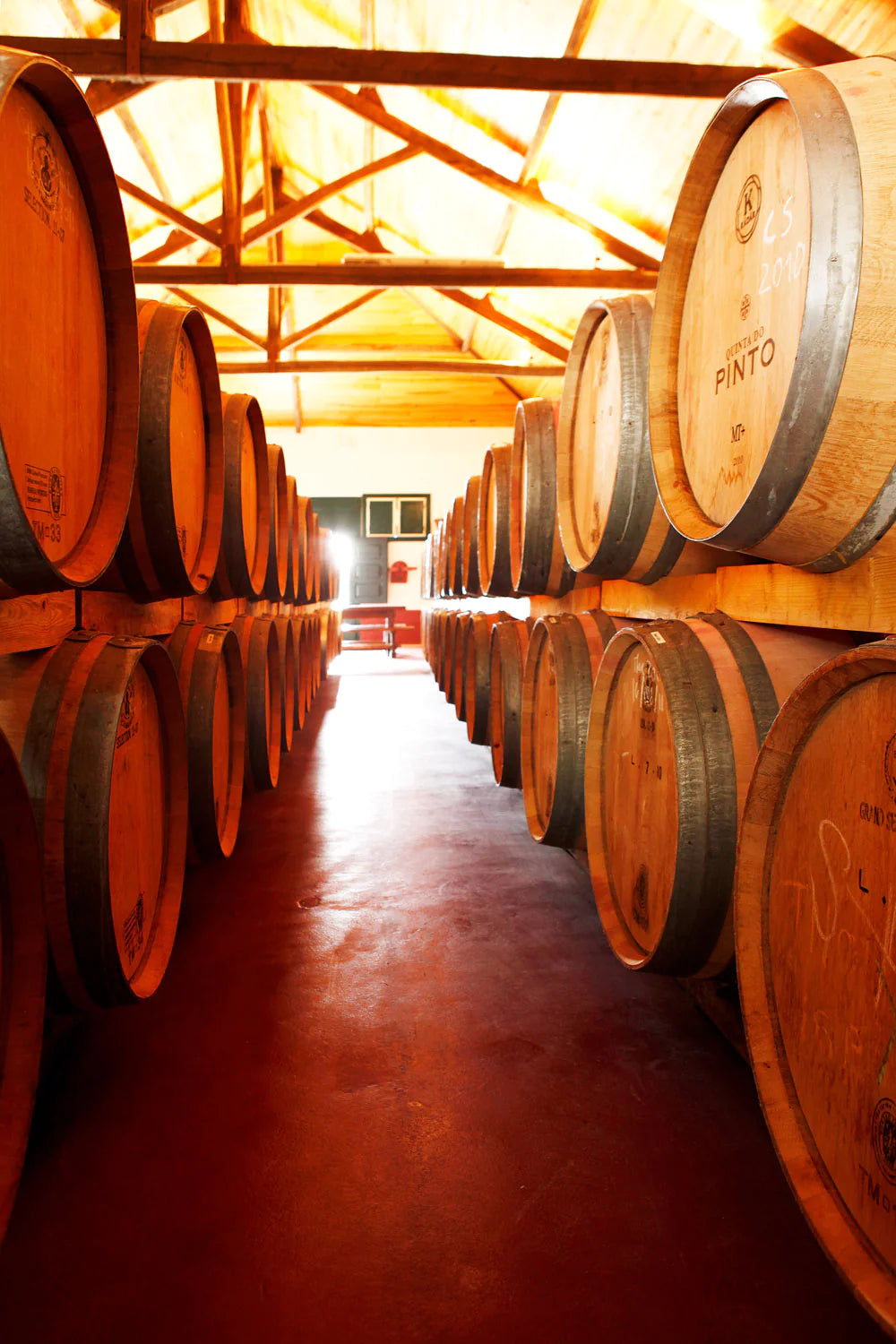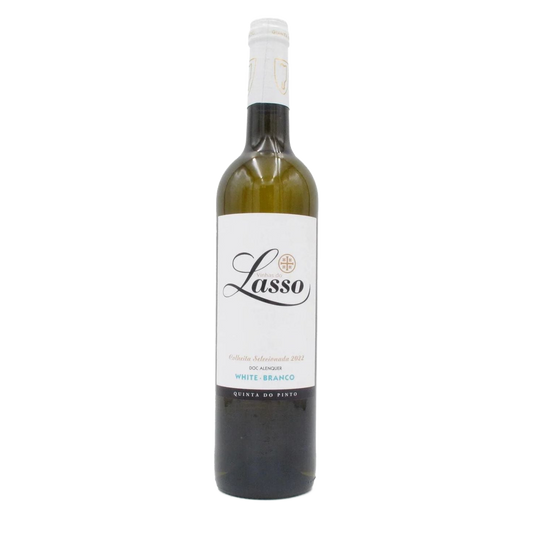Since the beginning, Quinta do Pinto has been an advocate of minimal intervention to maximize the potential of the grapes created in this terroir while minimizing any other intervention, according to the traditional winemaking philosophy “the wine is made in the vineyard ”.With the awareness of sustainable agriculture, we are certified as integrated production as we have the greatest respect for the land and nature.
Thus, they practice precision sustainable viticulture with several test fields where they optimize defoliation tests, abolish herbicides, improve pruning techniques, weeding systems, forms of organic fertilization, lawns, etc. Actions aimed at contributing to a more sustainable viticulture. Initially used in wine-growing areas with humid climates, such as the region where Quinta do Pinto is located, in order to reduce soil moisture and consequently the vigor of the vines.
All grapes are vinified in the same way, with the aim of maximizing the quality with which they enter the winery. Based on fermentations by indigenous yeasts (natural fermentations), acidity adjustments by blending and the least intrusive practices possible, all by-products resulting from winemaking are monetized. The stalks are used for fertilization and animal feed, and the skins and lees are sent to a distillery with the consequent obtaining of brandy. In this way, the deposition of solid waste into the environment is avoided.
The continuous sheet of vineyards hosts 19 red and white, national (the regional taking priority) and international grape varieties that blend in a singular and harmonious way to generate wines which are a faithful expression of their terroir.
The delicate way of working these varieties, through varied and innovative blends that respect the identity and authenticity of each one has been the big differentiating factor of the Quinta do Pinto project.
The diversity of the soils, and including from plot to plot – a strong asset of the property - allowed for the judicious and progressive selection of the 19 types of grapes planted in 53 acres.Namely:
- National Grape Varieties: Arinto, Fernão Pires, Antão Vaz, Touriga Nacional, Tinta Miúda and Castelão, Aragonez, Tinta Barroca and Alfrocheiro
- International Grape Varieties: Syrah, Cabernet Sauvignon, Petit Verdot, Merlot, Marsanne, Roussanne, Viognier, Chardonnay, Sauvignon Blanc and Sauvignon Gris.





